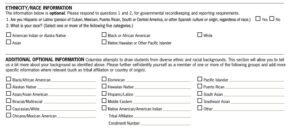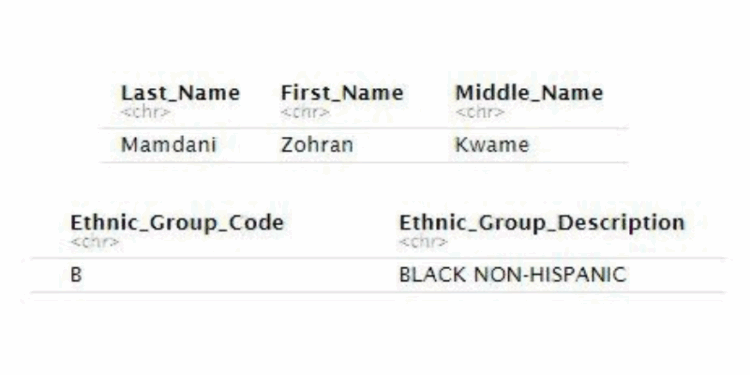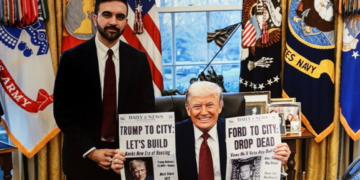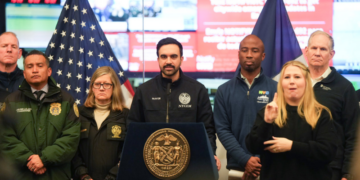Zohran Mamdani, leading candidate in New York City’s 2025 mayoral race, is facing backlash after leaked records revealed that Mamdani identified as both Asian and Black on his 2009 Columbia University application, despite having no African ancestry.
As reported first by the New York Times, Mamdani, then a high school senior, selected “Asian” and “Black or African American” on his application, even though he is not Black and has no African ancestry. At the time, Columbia’s admissions policy considered race as part of its affirmative action framework, allotting seats at the university to Black students.
Mamdani defended his choice, stating that he selected multiple racial categories to represent his Ugandan birthplace and Indian heritage. He also wrote “Ugandan” in the section that allowed applicants to provide further details about their identity. At the time, he was not a U.S. citizen and became naturalized in 2018.
 The revelations have drawn sharp rebuke from New York City Mayor Eric Adams, who called Mamdani’s actions “an insult” to students who relied honestly on affirmative action policies. Adams said identifying as African American for strategic gain ignores the “history and lived experience” of the community the policy aims to support.
The revelations have drawn sharp rebuke from New York City Mayor Eric Adams, who called Mamdani’s actions “an insult” to students who relied honestly on affirmative action policies. Adams said identifying as African American for strategic gain ignores the “history and lived experience” of the community the policy aims to support.
In a statement to the New York Post, Adams’ spokesperson Todd Shapiro accused Mamdani of misrepresenting his racial identity during the college admissions process, calling the move “possibly fraudulent” and suggesting that, if he had been admitted to the university, it may have denied a spot to a qualified African American applicant.
Further fueling criticism is a resurfaced video where Mamdani explicitly denies ever identifying as African American. “No, I would not claim that status,” he said, calling it “misleading.” This claim in the recent video interview directly contradicts his previous actions having misled Columbia University in his application by checking the “Black or African American” box.
Political observers have also pointed to Mamdani’s limited engagement with Black voters during the primary. When looking at the demographics from the recent Primary election in June, most of Mamdani’s support came from white, affluent neighborhoods, with very few votes coming from predominantly Black or Brown neighborhoods and communities. As the general election nears, his campaign has intensified outreach efforts in those communities, raising authenticity questions about his past disregard for the Black community and his current political messaging to secure Black votes in the general election.







